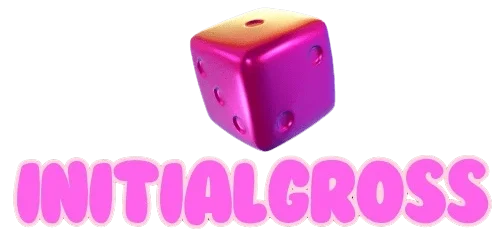Evolusi Best Games di Platform PlayStation
PlayStation telah lama menjadi simbol kualitas dalam dunia permainan video. Sejak era PlayStation pertama hingga generasi terbaru, konsol ini terus menghadirkan best games yang mampu menarik jutaan pemain di seluruh dunia. Salah satu daya tarik terbesar PlayStation adalah variasi genre yang ditawarkan, mulai dari petualangan, aksi, hingga simulasi olahraga. Hal ini membuat penggemar konsol ini selalu menantikan judul-judul terbaru yang inovatif dan memukau secara grafis maupun gameplay.
Selain itu, PlayStation games juga dikenal karena ceritanya yang mendalam. Banyak game seperti The Last of Us atau God of War berhasil menggabungkan narasi yang kuat dengan mekanik permainan yang menantang. Kombinasi ini memberikan pengalaman bermain yang tidak hanya menghibur tetapi juga emosional, idolabet88 sehingga membuat para pemain merasa terhubung dengan karakter dan dunia di dalam game. Tidak heran jika judul-judul tersebut sering masuk daftar best games sepanjang masa.
Di sisi lain, PSP games atau permainan di PlayStation Portable memberikan pengalaman bermain yang lebih fleksibel. Dengan perangkat yang portabel, pemain bisa menikmati PlayStation games favorit mereka di mana saja. Game seperti Crisis Core: Final Fantasy VII dan Monster Hunter Freedom Unite menjadi contoh best games yang mampu menghibur pemain tanpa harus berada di depan TV. Kepraktisan PSP membuat banyak judul lama tetap relevan hingga saat ini.
Perkembangan teknologi juga telah mendorong kualitas best games di platform PlayStation semakin meningkat. Grafis yang realistis, efek suara yang imersif, hingga kontrol yang responsif membuat pengalaman bermain semakin memuaskan. Studio pengembang pun berlomba-lomba menghadirkan game dengan inovasi terbaik, sehingga setiap rilis baru selalu dinanti. Tidak jarang PSP games klasik juga mendapatkan remaster atau versi digital agar tetap bisa dinikmati generasi baru.
Secara keseluruhan, baik PlayStation games maupun PSP games telah membuktikan diri sebagai bagian penting dari sejarah game modern. Dengan beragam genre, cerita yang mendalam, dan teknologi yang terus berkembang, tidak mengherankan jika banyak judul dianggap sebagai best games sepanjang masa. Ke depannya, penggemar pasti akan terus menikmati inovasi-inovasi baru yang hadir dari dunia PlayStation.
